I have a bunch of PDF files and I need to extract some information from them. The "section" have the text "Referências" and looks like the picture below:

I tried a lot of text extractor tools to accomplish this task, but the problem is that I need the string to keep in the same line, I don't know if I can explain this correctly, so lets see an example:
I don't want that:
 I want that:
I want that:

Hope you understand, sorry about the English thing. Thank you very much.